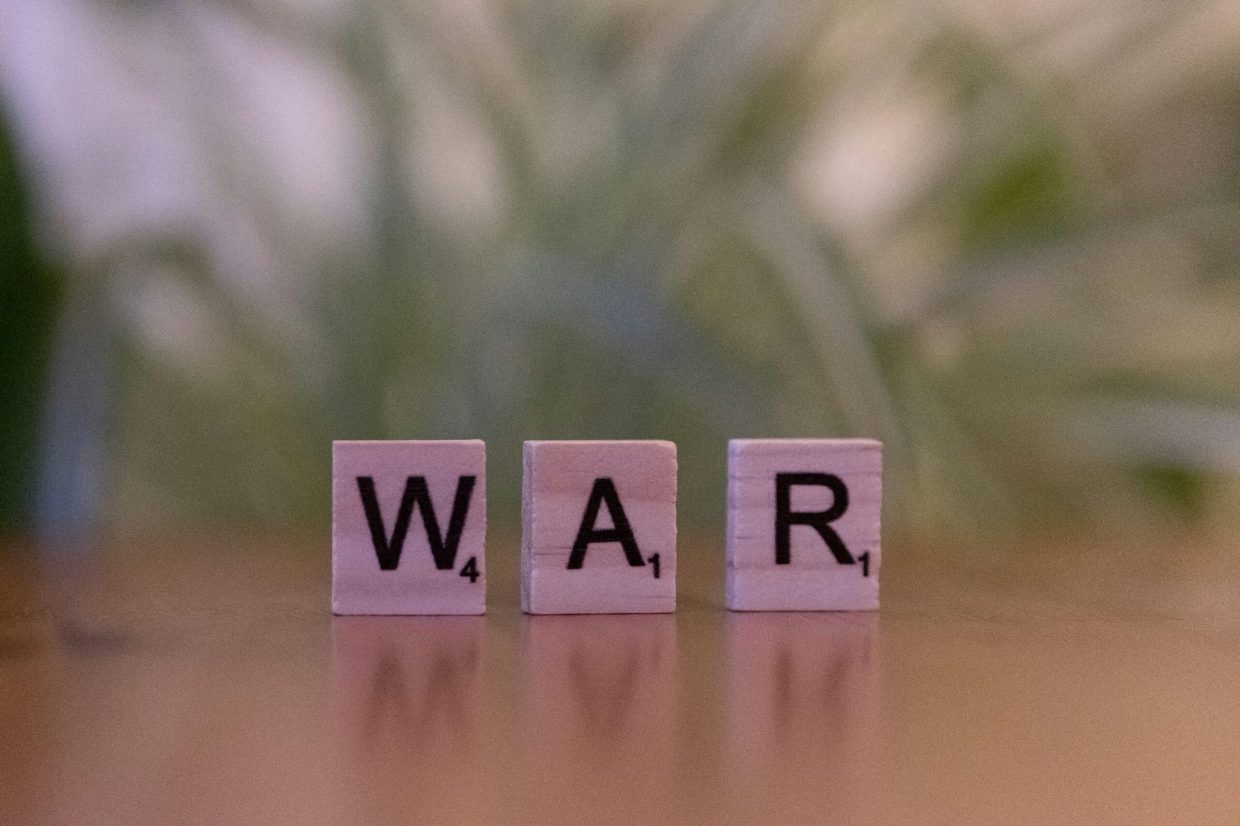In today’s complex global landscape, the impact of war on political power remains as significant as ever. While the nature of conflict has evolved, the ways in which war influences governance, authority, and national identity continue to shape the political terrain across the world. Understanding how war can both challenge and consolidate political power helps us grasp the delicate balance between security and leadership in modern societies. In this article, we’ll explore the multifaceted relationship between war and politics, shedding light on how contemporary conflicts contribute to the shaping and strengthening of political power today.
Table of Contents
- How War Influences Modern Political Leadership and Decision-Making
- The Role of Military Strategy in Enhancing Government Authority
- Understanding the Impact of Conflict on National Unity and Policy Development
- Practical Recommendations for Balancing Security and Democratic Values in Times of War
- In Conclusion
How War Influences Modern Political Leadership and Decision-Making
War has long acted as a crucible for political leadership, demanding swift, decisive action and an unshakable resolve. Modern leaders often find themselves navigating an intricate web of military strategy, public opinion, and international diplomacy, where the stakes are immeasurably high. The intense pressure to safeguard national security while maintaining global alliances has reshaped how decisions are made, emphasizing adaptability and resilience. In many cases, wartime challenges accelerate the development of leadership qualities such as strategic foresight, crisis communication, and a profound understanding of geopolitical complexities that transcend traditional governance.
Moreover, war inevitably influences policy priorities and administrative structures. Governments may pivot toward increased defense spending, tighter information control, or expanded executive powers to respond effectively to conflict. These shifts often ripple through society, affecting everything from civil liberties to economic stability. Leaders, therefore, must balance the demand for security with a commitment to democratic principles, ensuring that the pursuit of power does not erode foundational values. Key characteristics shaping contemporary leadership include:
- Heightened emphasis on intelligence and cybersecurity as warfare extends beyond the battlefield.
- Collaborative decision-making involving military experts and civilian advisors to craft nuanced strategies.
- Enhanced public engagement through transparent communication to maintain trust and morale during times of conflict.
The Role of Military Strategy in Enhancing Government Authority
Strategic military planning extends beyond battlefield victories; it serves as a foundational mechanism through which governments consolidate and project authority. By effectively utilizing military resources, a state not only defends its sovereignty but also reinforces its internal stability and international standing. A well-calibrated approach to defense and offense signals strength, deterring potential adversaries and reassuring citizens alike of their security. This augmentation of power often translates into increased political capital, enabling leaders to implement policies with greater confidence and public support.
Moreover, military strategy often integrates with broader governance objectives, influencing economic development, national identity, and diplomatic relations. Consider how key elements such as:
- Resource allocation for defense technology aligns with innovation policies and job creation,
- Strategic military alliances bolster international partnerships and trade agreements,
- Defensive posturing can stimulate national pride and unity, strengthening the social contract.
These components illustrate the multidimensional impact of military strategy, shaping not just the battlefield, but the entire political landscape.
Understanding the Impact of Conflict on National Unity and Policy Development
Throughout history, conflict has often acted as a catalyst for reshaping national identity and fortifying political power. When a nation faces external or internal turmoil, it frequently ignites a collective spirit that transcends individual differences, fostering a deeper sense of unity. Governments leverage this solidarity to consolidate authority and promote a shared vision of progress. This phenomenon is evident in the ways leaders rally support by emphasizing patriotism, security, and resilience, creating an environment where political agendas align closely with public sentiment. Such dynamics can lead to:
- Heightened national cohesion as people unite against perceived threats.
- Rapid policy shifts prioritizing defense and social stability.
- Enhanced government legitimacy through decisive crisis management.
Yet, the effects of conflict extend beyond immediate unity. The pressures of war often accelerate innovation within governmental structures and policy frameworks, prompting leaders to rethink domestic and international strategies. Emerging from turbulence, nations may adopt reforms that balance security needs with economic growth and civil liberties, shaping the political landscape for decades to come. This ongoing interplay between crisis and governance illustrates how conflict not only challenges a country’s stability but can also serve as a powerful engine for political evolution.
Practical Recommendations for Balancing Security and Democratic Values in Times of War
In periods of conflict, governments face the delicate task of safeguarding the nation without compromising the democratic principles that define it. It is crucial to implement security measures that are transparent and supported by robust oversight mechanisms. Civil liberties, including freedom of speech and assembly, must not be unduly sacrificed for the sake of expediency. Encouraging open dialogue between the state and its citizens helps maintain trust, ensuring that emergency powers do not become a means for unchecked political dominance.
Practical steps to strike this balance include:
- Establishing independent review bodies tasked with monitoring government actions during wartime.
- Regularly updating the public on security developments to prevent misinformation and fear-driven decisions.
- Protecting the rights of minority groups who might be disproportionately affected by wartime policies.
- Ensuring that emergency laws are time-bound and subject to legislative revision.
In Conclusion
In the ever-evolving landscape of global politics, the impact of war remains a powerful force in shaping and strengthening political power. While the consequences of conflict are complex and often devastating, understanding how war influences leadership, statecraft, and governance is crucial for navigating today’s international relations. As we reflect on these dynamics, it’s clear that the legacies of war continue to inform political strategies and power structures in profound ways. Thank you for joining this exploration—here’s to staying informed and thoughtful about the forces that shape our world.













